Demo here. The regex:
([^>]+)$
I want to match text at the end of a HTML snippet that is not contained in a tag (i.e., a trailing text node). The regex above seems like the simplest match, but the execution time seems to scale linearly with the length of the match-text (and has causes hangs in the wild when used in my browser extension). It's also equally slow for matching and non-matching text.
Why is this seemingly simple regex so bad?
(I also tried RegexBuddy but can't seem to get an explanation from it.)
Edit: Here's a snippet for testing the various regexes (click "Run" in the console area).
Edit 2: And a no-match test.
